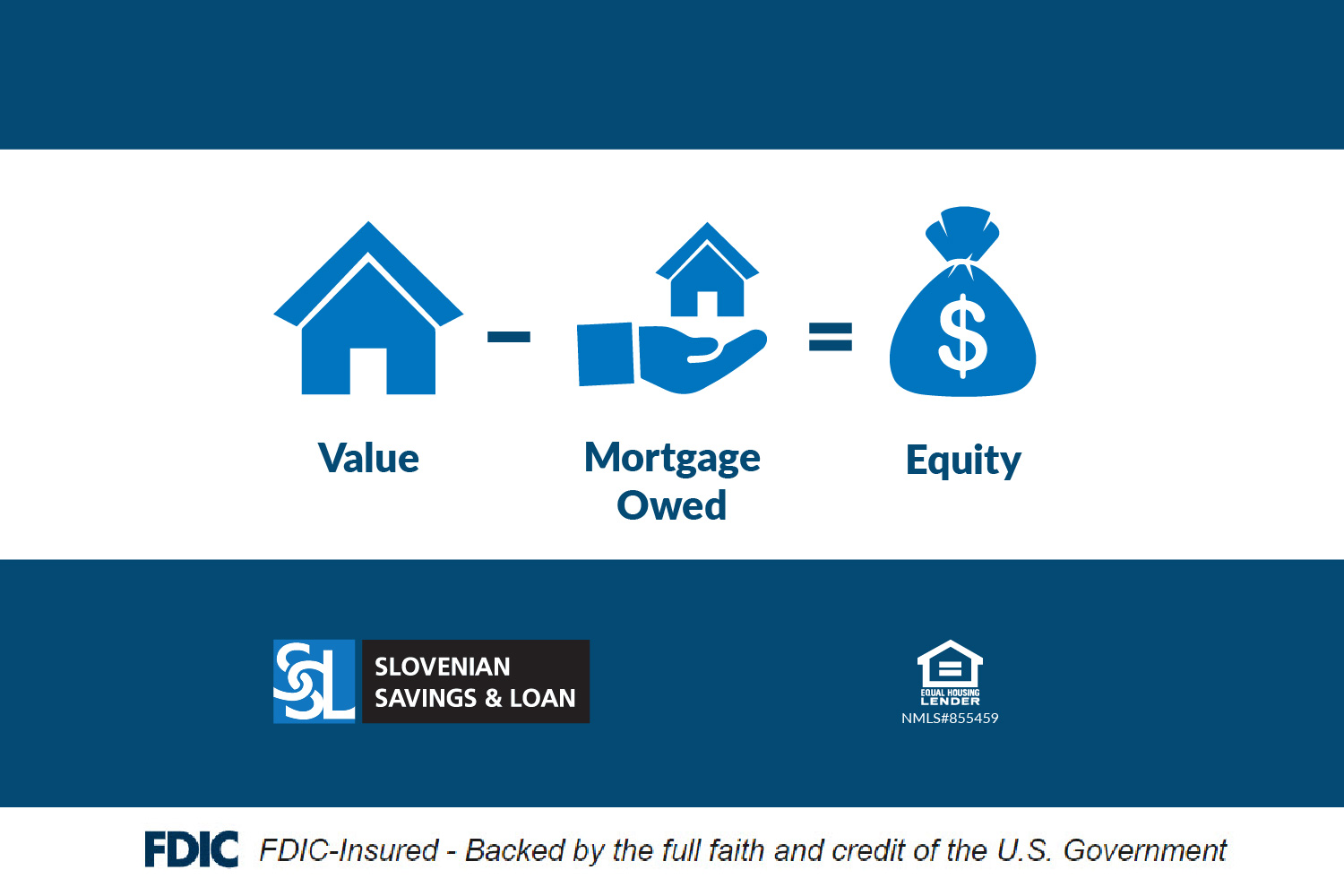Popular Myths and Facts About Equity Release Mortgages
Popular Myths and Facts About Equity Release Mortgages
Blog Article
Discovering the Different Kinds Of Equity Release Mortgages Available Today
Equity Release mortgages present various options for home owners aged 55 and over. equity release mortgages. These financial products provide to different demands and preferences, allowing people to gain access to funds from their property. From life time mortgages to common appreciation home loans, each type offers unique benefits. Understanding these choices is crucial for making informed choices. What variables should one take into consideration when picking the most appropriate equity Release plan? The details that follow might clarify this crucial subject
Understanding Equity Release Mortgages
Equity Release mortgages supply house owners, commonly those aged 55 and over, with a method to access the worth locked up in their property without requiring to offer it. This economic alternative allows individuals to transform a portion of their home equity into cash, which can be made use of for different objectives, such as home renovations, repaying debts, or funding retirement.Equity Release can take different kinds, yet it essentially includes borrowing versus the value of the home while preserving ownership. Homeowners can select to get a lump sum or a series of smaller sized payments, relying on their financial demands and preferences.Additionally, the quantity offered for Release is influenced by the property's worth, the house owner's age, and certain loan provider requirements. In general, recognizing equity Release mortgages is important for home owners to make enlightened decisions regarding taking advantage of their home's equity while considering the long-term effects.
Life time Mortgages
Lifetime mortgages stand for among the most prominent forms of equity Release. This monetary product enables house owners, typically aged 55 or older, to borrow against the worth of their residential property while preserving ownership. The funding, which is secured against the home, accrues interest with time yet does not call for monthly settlements. Rather, the funding and accumulated passion are paid back when the house owner passes away or relocates right into long-term care.Lifetime mortgages offer adaptability, as customers can select to get a round figure or decide for a drawdown facility, accessing funds as required. Significantly, numerous strategies featured a no-negative-equity warranty, ensuring that consumers will never owe greater than the worth of their home. This attribute supplies satisfaction, allowing people to appreciate their retired life without the anxiety of depleting their estate. On the whole, lifetime home mortgages serve as a practical alternative for those seeking financial support in later life.
Home Reversion Program

Drawdown Lifetime Mortgages
While many home owners look for means to access their wealth, drawdown lifetime mortgages provide a versatile choice that allows individuals to Release funds slowly. This kind of equity Release home mortgage makes it possible for property owners to obtain against the value of their residential property while retaining possession. Unlike conventional lifetime mortgages, drawdown strategies allow customers to access a section of their equity upfront and take out extra funds as needed, approximately a fixed limit.This function can be especially beneficial for those who desire to handle their financial resources thoroughly, as it minimizes interest build-up by only charging rate of interest on the quantities drawn. Furthermore, drawdown lifetime home mortgages commonly come with a "no unfavorable equity guarantee," making sure that borrowers will certainly never ever owe greater than their home's worth. This option fits senior citizens who prefer financial safety and security and versatility, permitting them to meet unforeseen expenditures or maintain their way of life without needing to sell their residential property.
Improved Life Time Mortgages
Enhanced Lifetime Mortgages use unique advantages for eligible home owners looking for to Release equity from their residential properties. Comprehending the qualification standards is necessary, as it determines who can gain from these specialized financings. However, it is additionally crucial to review the possible drawbacks associated with enhanced choices, making sure an all-around point of view on their use.
Eligibility Criteria Explained
Understanding the qualification standards for Improved Lifetime Mortgages is important for potential candidates seeking to access the equity in their homes. Generally, applicants have to be aged 55 or older, as this age need is basic in the equity Release market. Homeowners need to have a residential property valued at a minimum threshold, which can differ by loan provider. Importantly, the home must be their key home and in good problem. Lenders usually evaluate the homeowner's health and wellness standing, as specific wellness conditions might enhance eligibility and advantages. Additionally, candidates should not have existing considerable debts safeguarded against the property. Satisfying these criteria enables individuals to check out Boosted Lifetime Home loans as a viable choice for read here accessing funds locked up in their homes.
Benefits of Improved Home Mortgages
After clarifying the qualification standards, it ends up being obvious that Boosted Lifetime Home mortgages use numerous significant benefits for house owners aiming to leverage their residential property equity. Largely, they offer accessibility to a bigger car loan amount contrasted to typical life time mortgages, benefiting those with health and wellness conditions or age-related aspects that raise their life span risk. This enhanced borrowing capability allows property owners to satisfy different economic demands, such as home renovations or retirement costs. Additionally, these mortgages generally come with flexible repayment options, enabling borrowers to handle their funds much more effectively. The no-negative-equity warranty even more ensures that property owners will never ever owe even more than their residential or commercial property's value, providing satisfaction. On The Whole, Improved Lifetime Mortgages present an engaging choice for eligible homeowners looking for monetary services.
Possible Disadvantages Considered
While Boosted Life time Mortgages use various advantages, prospective drawbacks necessitate cautious factor to consider. One considerable issue is the influence on inheritance; the equity released reduces the worth of the estate left to recipients. Additionally, these home mortgages can accumulate substantial rate of interest over time, causing a considerable financial debt that may surpass the original funding amount. There might also be constraints on home alterations or rental, limiting house owners' adaptability. Furthermore, boosted products typically call for details wellness conditions, indicating not all property owners will certify. Ultimately, managing the costs and costs connected with these home mortgages can be intricate, possibly weblink leading to unexpected costs. Consequently, people need to thoroughly assess their situation and consult financial experts prior to proceeding.
Shared Gratitude Mortgages
Shared Appreciation Mortgages stand for an one-of-a-kind economic plan that allows homeowners to access equity while sharing future home value increases with the lending institution. This technique uses potential advantages such as minimized monthly payments, however it likewise comes with downsides that should be carefully taken into consideration. Comprehending the qualification requirements is crucial for those curious about this option.
Idea Overview
Equity Release home mortgages, especially in the type of shared admiration mortgages, use homeowners a special economic solution that allows them to accessibility funds by leveraging the worth of their property. In this plan, a lending institution supplies a loan to the property owner, which is generally repaid with a share of the residential or commercial property's future admiration in value. This indicates that when the homeowner sells the building or passes away, the lending institution receives a percentage of the boosted worth, instead of simply the initial car loan quantity. Shared admiration mortgages can be appealing for those wanting to supplement their earnings or financing substantial expenditures while retaining ownership of their home. The financial implications of shared gratitude should be thoroughly thought about by prospective consumers.
Drawbacks and benefits
Although common recognition home mortgages can supply significant monetary advantages, they likewise come with notable downsides that possible debtors ought to consider. These mortgages allow homeowners to gain access to equity in their buildings while sharing a section of any type of future admiration with the lender. This arrangement can be valuable during times of climbing property worths, using considerable funds without month-to-month payments. The main downside is the possible loss of equity; property owners might end up with considerably minimized inheritance for successors. In addition, the complexity of the terms can result in misunderstandings pertaining to repayment commitments and the percentage of admiration owed. It is crucial for borrowers to consider these elements very carefully prior to committing to a shared recognition mortgage.
:max_bytes(150000):strip_icc()/dotdash-INV-infographic-Home-Equity-Loan-v1-9ae3dc9a5cc141d5a25ed2975c08ea1c.jpg)
Eligibility Requirements
What criteria must house owners meet to get a shared appreciation mortgage? Mostly, prospects must be at least 55 years of ages, guaranteeing they are within the target group for equity Release products. In addition, the residential property must be their primary home and generally valued over a defined minimum limit, frequently around ? 100,000. Lenders additionally analyze the property owner's economic scenarios, consisting of earnings and superior debts, to identify they can take care of the mortgage responsibly. Significantly, the residential or commercial property needs to remain in great problem and without considerable lawful encumbrances. Homeowners need to additionally have a clear understanding of the terms, including just how gratitude will certainly be shared with the loan provider upon sale or transfer of the residential or commercial property, as this affects overall returns.
Picking the Right Equity Release Choice

Frequently Asked Inquiries
What Age Do I Required to Be for Equity Release?
The age need for equity Release usually starts at 55 for most strategies. Some service providers might offer alternatives for those aged 60 and above, reflecting varying terms based on specific scenarios and loan provider plans.
Will Equity Release Influence My Inheritance?
Equity Release can influence inheritance, as the amount borrowed plus passion decreases the estate's worth. Heirs might receive much less than anticipated, depending upon the residential property's appreciation and the complete debt at the time of passing.
Can I Move Residence With Equity Release?
The concern of relocating house with equity Release emerges frequently. Normally, people can transfer their equity Release strategy to a brand-new residential or commercial property, yet specific terms might use, requiring examination with the lender for assistance.
Exist Costs Connected With Equity Release Mortgages?
Fees connected with equity Release home mortgages can consist of arrangement charges, assessment costs, and lawful costs. Additionally, there may be early payment costs, which can influence the total cost and financial implications for the customer.
Just How Does Equity Release Effect My Tax Scenario?
Equity Release can affect one's tax obligation scenario by potentially increasing gross income, as released funds are taken into consideration funding. Nevertheless, it generally does not sustain immediate tax obligation responsibilities, making it important to consult an economic advisor for personalized support.
Final thought
In recap, the variety of equity Release home mortgages offered today supplies property owners aged 55 and over numerous pathways to access their building's value - equity release mortgages. Whether choosing a life time mortgage, home reversion plan, or various other alternatives, each choice provides distinctive benefits tailored to private economic needs. Cautious factor to consider and appointment with a financial consultant are necessary to guarantee the chosen equity Release option click to read more aligns with personal goals and monetary conditions, eventually assisting in educated decision-making for a secure financial future. Equity Release mortgages present various options for property owners aged 55 and over. Equity Release home loans supply house owners, commonly those aged 55 and over, with a method to access the worth linked up in their property without requiring to market it. Boosted Life time Mortgages offer distinct benefits for qualified house owners seeking to Release equity from their residential properties. Equity Release mortgages, particularly in the form of common recognition home loans, provide property owners an unique economic option that enables them to access funds by leveraging the worth of their building. In summary, the range of equity Release mortgages available today uses home owners aged 55 and over several pathways to access their property's worth
Report this page